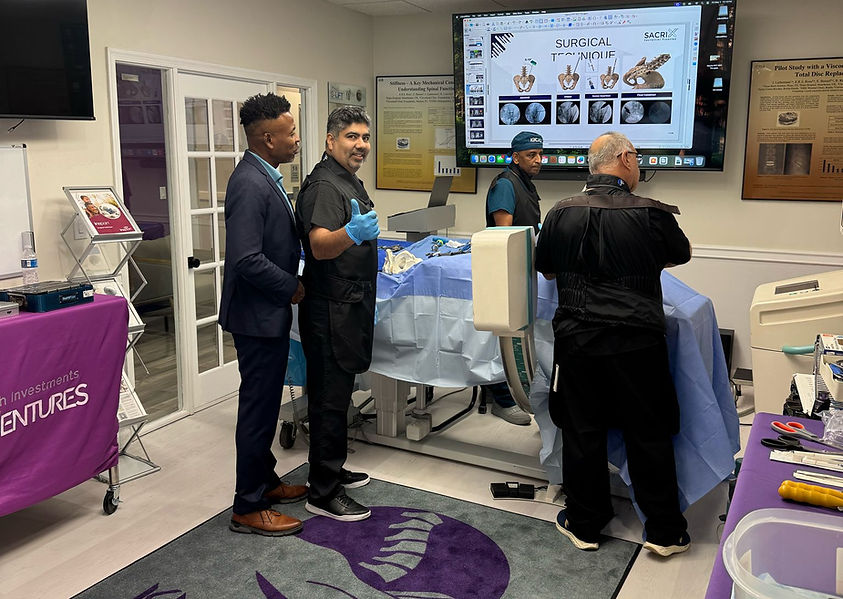How Clinics Can Build Patient Trust Before Surgery:5 Steps for Better Outcomes
- Anshul Jain
Founder’s Office, KIC Ventures

Building trust with patients isn’t just the surgeon’s job—it’s a process every clinic can improve before, during, and after a surgical evaluation. Based on key recommendations from the educational article “What should I know before a Surgical evaluation: Goals, Expectations and Concerns” by Fabio Pencle, here’s how your clinic can turn consultations into opportunities for long-term patient loyalty and better results.
1. Make the First Consultation Count
Use the initial visit to review the patient’s history, their concerns, and any prior tests.
Be clear: Surgery may not be the only solution—sometimes more information or other treatments are better.
Patients should feel heard, not rushed toward an operating room decision.
2. Share Goals and Set Realistic Expectations
Clearly explain what the surgery aims to achieve: less pain, more mobility, and improved quality of life.
Outline the steps for before, during, and after surgery—including what you’ll track in the crucial first 24-48 hours post-surgery.
Let patients know you’ll tailor the surgical plan and follow-up to their unique needs.
3. Talk Openly About Risks and Options
Patients want honesty. Go over possible risks, including bleeding or infection, but balance that with information about safety measures and available alternatives.
If surgery isn’t the best option, walk patients through what comes next so they know you have their best interests at heart.
4. Prepare Patients for the Full Journey
Set clear expectations for preparation, surgery day logistics, and recovery.
Explain support resources—like education classes, help lines, or a dedicated care coordinator—to keep patients informed from start to finish.
Follow up regularly and encourage patients to call if something doesn’t feel right, even weeks after surgery.
5. Keep the Focus on Communication and Trust
Encourage patient questions and be open about uncertainties. Trust grows from two-way communication.
Document shared decisions and make sure everyone—the care team, the patient, and any caregivers—knows the plan.
Why This Matters for Your Clinic
When a clinic makes trust and education part of its everyday processes, patients are more likely to follow instructions, avoid complications, and recommend your care to others. These steps can easily fit into any practice, big or small, and take your clinic’s reputation to the next level.
Based on “What should I know before a Surgical evaluation: Goals, Expectations and Concerns” by Fabio Pencle.
Takeaway:
Small changes in how you prepare and educate patients add up to safer care and stronger clinic-patient relationships, starting from the very first visit.